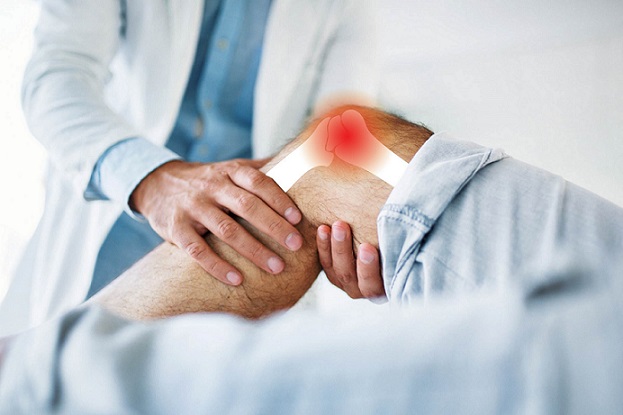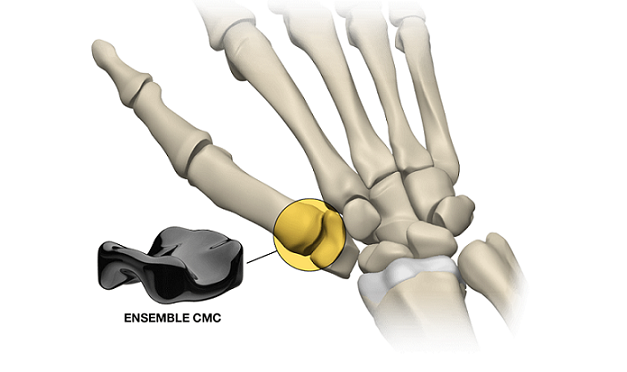Elizabeth Hofheinz, M.P.H., M.Ed.
You can’t change a bad habit if you’re not aware of it. This holds true for negative thoughts and catastrophizing, issues which are increasingly recognized as an important part of any attempt to quantify the experience of musculoskeletal pain.
New work performed at the Dell Medical School at the University of Texas at Austin in Texas has drilled down on one of the existing tools to measure pain-related thoughts. The study, “Development of a Short Form of the Negative Pain Thoughts Questionnaire (NPTQ),” appears in the March 3, 2021 edition of The Journal of Bone and Joint Surgery.
Co-author Teun Teunis, M.D., Ph.D. is a resident in Plastic, Reconstructive and Hand Surgery at the University Medical Center Utrecht in the Netherlands. “Cognitive biases about pain, as measured by the NPTQ, are a major determinant of variation in pain intensity and capability” said Dr. Teunis to OSN. “To measure this bias quickly and reliably in daily practice we set out to develop a short version of the NPTQ—[NPTQ-SF].”
An abbreviated tool for daily use
The researchers asked 137 patients questions on negative pain thoughts, worst-case thinking, resiliency, magnitude of self-reported activity intolerance, and pain intensity. Patients were randomly allocated to either a learning cohort (110) or a validation cohort (27).
Using factor analysis on the learning cohort, the investigators were able to select a subset of four questions from the 11-question NPTQ. They are as follows:
1. My problem makes me feel awful and it overwhelms me.
2. My problem will only get worse, and it will ruin my life.
3. This is taking too long to heal, there must be something seriously wrong. 4. Even though I can still do a lot of things, I can’t enjoy them because of my condition.
After testing the psychometric properties of the NPTQ-SF and assessing the internal and consistency, the researchers determined that the abbreviated instrument “fulfills the requirements of good internal consistency and strengths of association with the questionnaire from which it was derived.”
Asked why this was the right time for such work, Dr. Teunis told OSN: “The importance of mental and social health and their effects on pain intensity and capability is increasingly recognized. As health care workers and patients become more receptive to this notion, regularly measuring mental health is becoming more common practice. But this requires a short and reliable measure.”
Always room for further investigation…
“There are other measures of cognitive bias about pain, like the Pain Catastrophizing Scale (PCS) and Tampa Scale of Kinesiophobia (TSK),” said Dr. Teunis to OSN. “We would like to see if these questionnaires measure the same construct (latent trait). And if they can be combined into a single, short questionnaire that can quickly determine mental health. Just a few questions might serve as a conversation starter and help to treat the whole person, and not just the musculoskeletal injury.”
“We welcome any feedback on the clinical implementation and use of the short NPTQ.”








